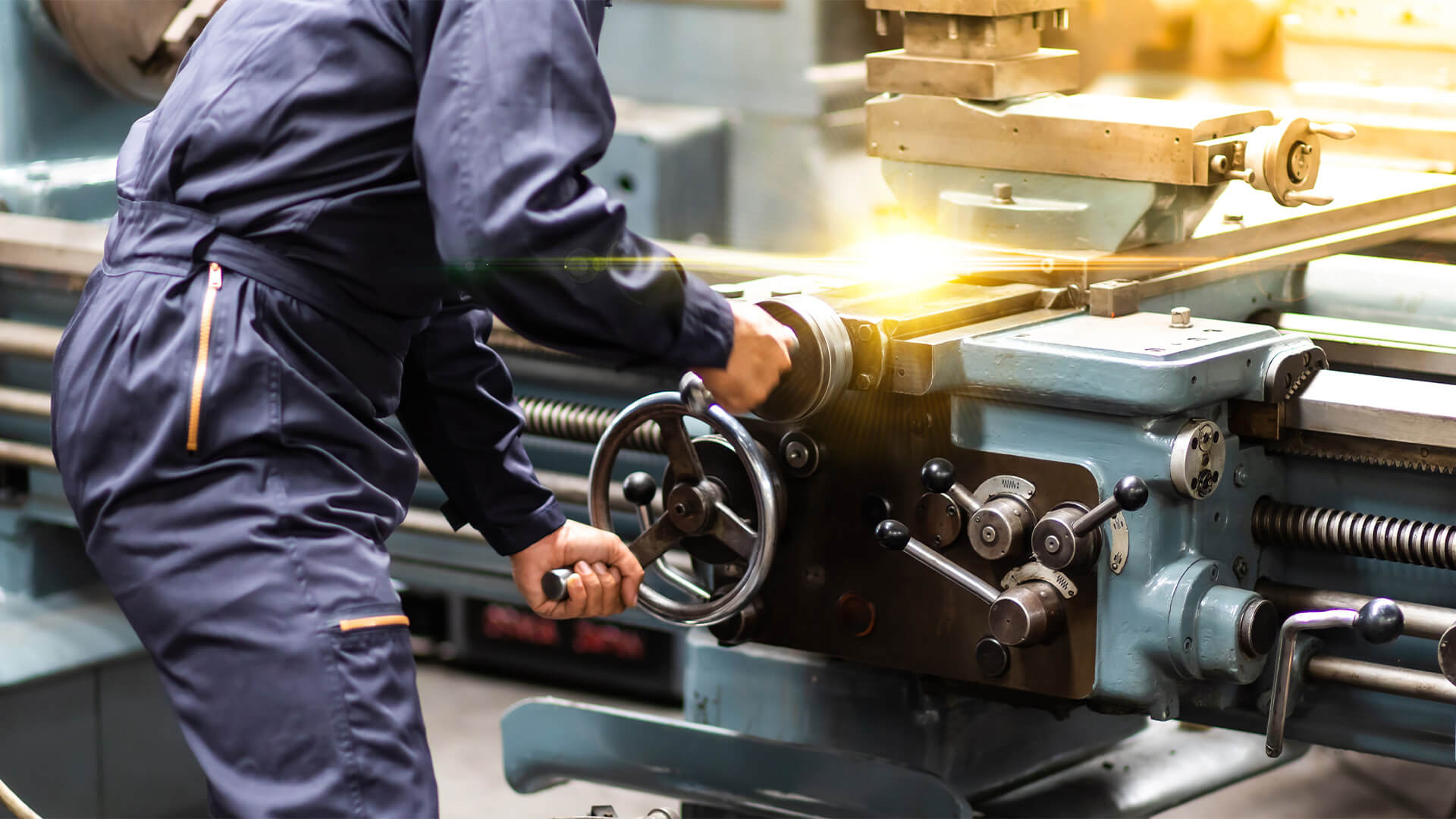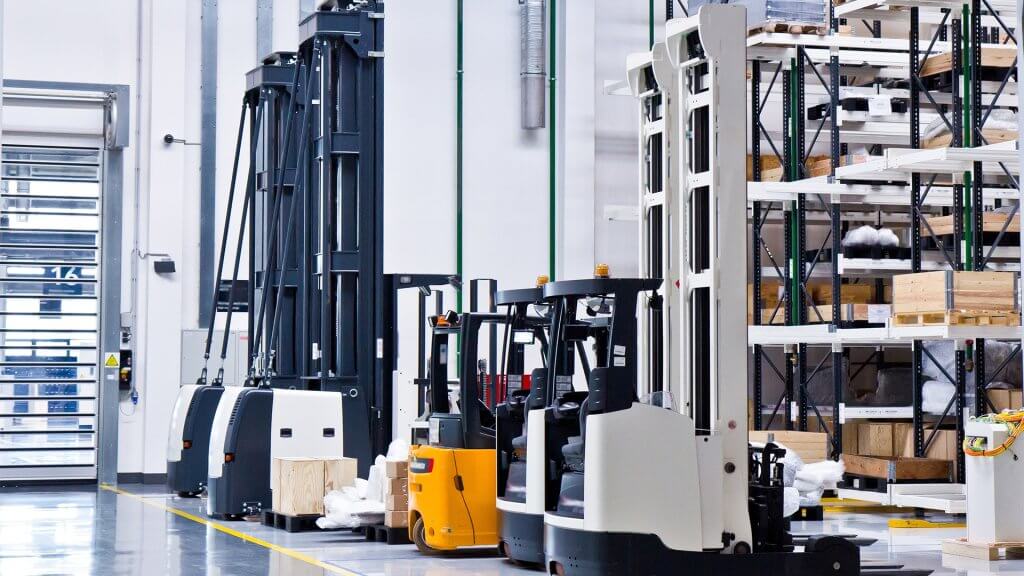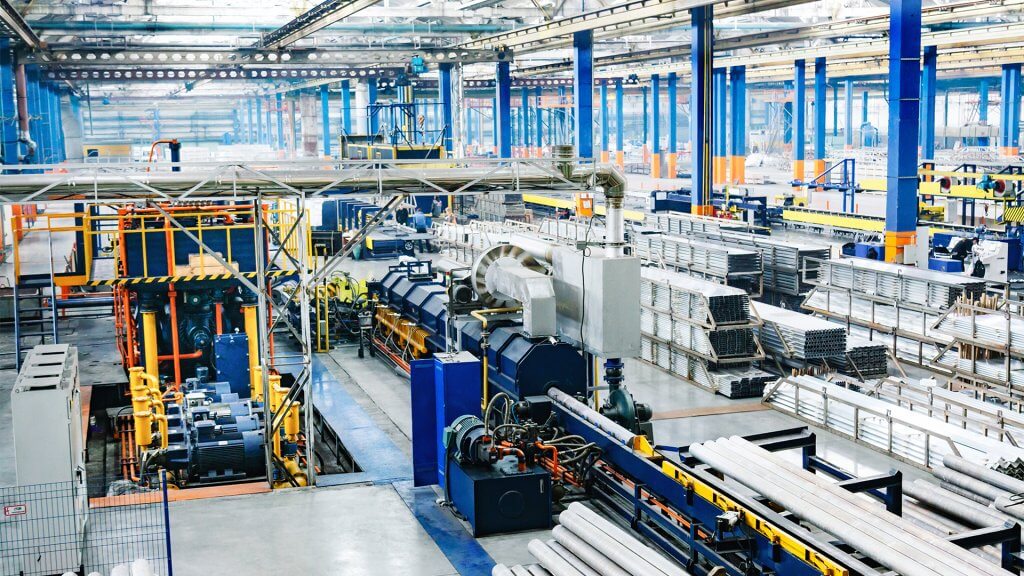Health and safety are key concerns for businesses, whether they are growing or established. In the EU alone, there were 3048 fatal accidents in the workplace in 2019, with a large proportion of these being within the construction sector. Every country within the EU must ensure that their national laws protect the rights dictated by EU employment laws. As an emerging small business, you may find yourself struggling to understand exactly what is expected of you in terms of workplace health and safety. What follows are some vital provisions you should make for your employees, along with the legal and logistical reasoning for their provision.
Health and Safety Policy
First and foremost, you need to draft a robust and comprehensive health and safety policy. There are certain legal requirements you must fulfil as a business, some of which we will touch upon later, but building an effective health and safety policy is one of them. It does not need to be formally drafted in text format if your business has fewer than five employees, but there must be evidence of a policy for you to be legally compliant.
Health and safety policies can help you navigate more specific requirements, directly address risks in your workplace and reassure employees that their safety is in good hands. One core aspect of your policy is risk assessment, wherein you establish the key risks inherent to certain tasks and areas, before drafting safe solutions to mitigating risk.
Workwear and PPE
Another of your legal responsibilities as a business is to provide appropriate personal protective equipment, or PPE, to your staff with reference to the risks they may face in your workplace. PPE can range in scope, from the simple provision of face masks to kitting them out with protective workwear.
Different items of PPE can be purchased together from suppliers, making the act of providing protective equipment a simple one. Just be sure that the items you purchase are fit for purpose, and of a high enough quality to withstand regular treatment where appropriate. You should also ensure you have adequate safe storage for your PPE, to keep it in safe condition for as long as possible.
Training
Employee training is a crucial arm of any robust health and safety policy. Instituting a regular training schedule ensures that all employees are on the same page regarding basic company procedures, as well as safe working techniques – whether lifting heavy objects or reporting hazards to the company’s designated ‘competent person’ or Health and Safety Officer.
Training also applies to the proper use of your provided PPE, mentioned above. You are legally required to provide adequate training in the use of PPE, to ensure it is used correctly and that injury risks are lessened.
Facilities
Lastly, businesses must provide adequate facilities to their staff, in the form of toilets, rest areas, changing rooms if necessary and running water for drinking. Employers within the EU also need to closely monitor the time and attendance of employees in order to comply with mandatory regulations.
Workers are all legally entitled to a twenty-minute uninterrupted break during shifts longer than six hours in length; further to that, they are entitled to more regular breaks on a health and safety basis if their work is ‘monotonous’, i.e.: repetitive work with machinery. Employees must also be allowed at least 11 consecutive hours between shifts and must not exceed the limit of 48 hours worked per week.
Allocated rest areas ensure that workers can make the most of their break and return to their tasks refreshed and hydrated.





























